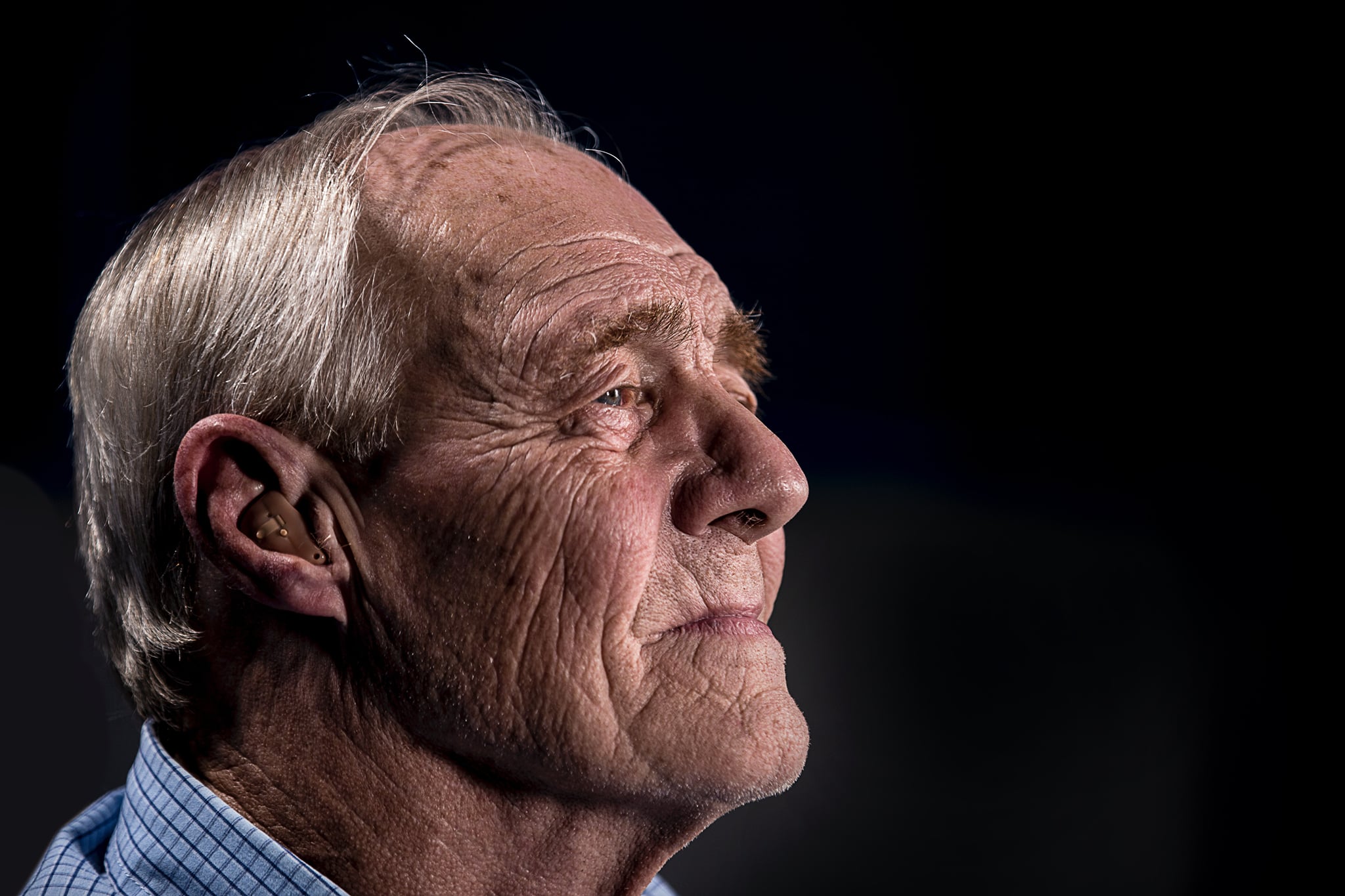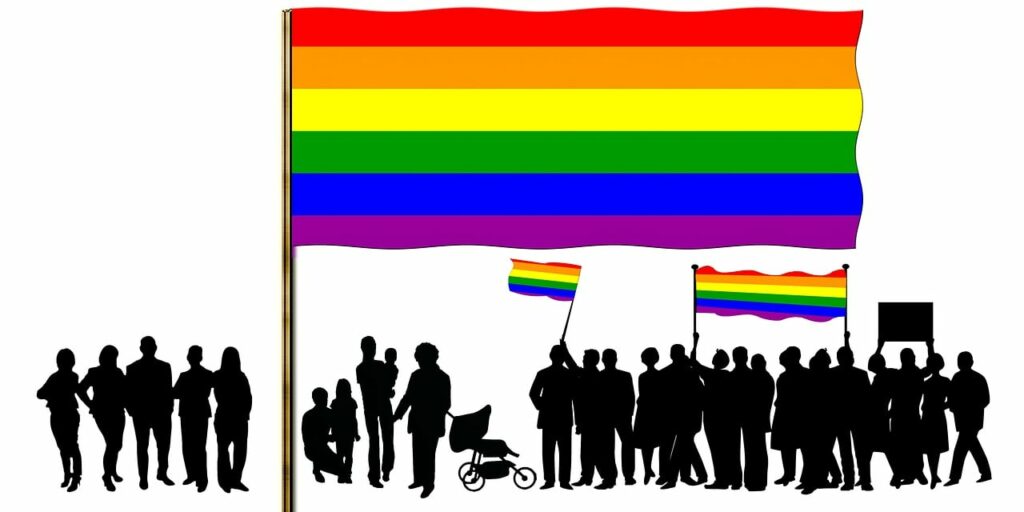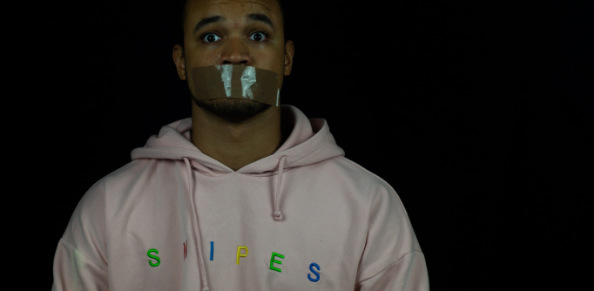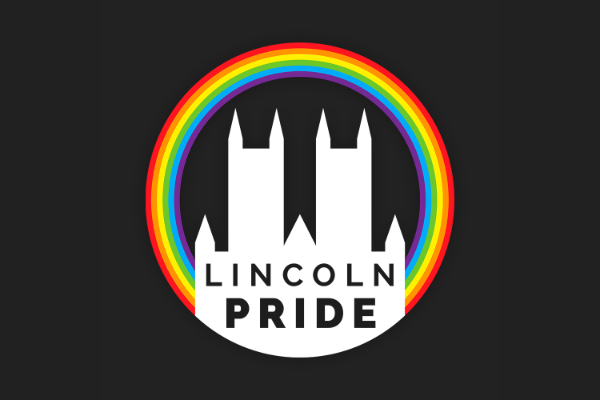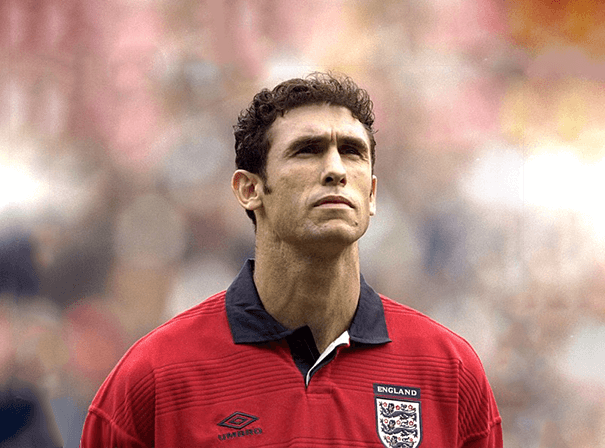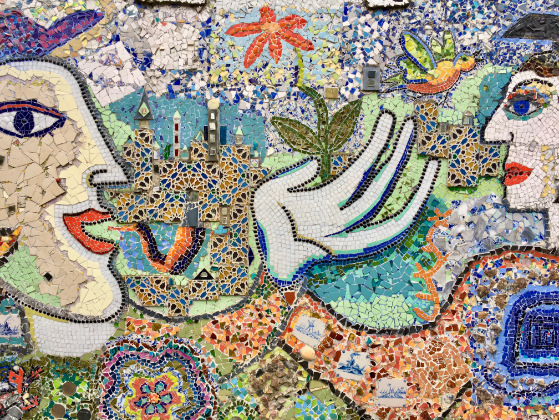Psychotherapy Training, and what I see…
Training to be a psychotherapist is tough. I’m currently halfway through my Masters in Integrative Counselling and Psychotherapy, and also balancing a 30-hour job alongside going to university and seeing clients takes a toll both physically and emotionally. That said, it’s also incredibly fulfilling. There’s nothing quite like seeing a client make progress or give positive feedback into how you have impacted their life.
During my training I’ve become very aware that this is a female heavy industry (around 85%+ of my course are female), which brings both positives and negatives for myself. Naturally, being a therapist comes with needing a lot of what society would deem as feminine skills and qualities. The need for empathy, listening skills and the ability to read body language and emotions are not befitting of your typical masculine archetype, but they are qualities that we should promote more in society, particularly in male dominated environments.
My journey into counselling and psychotherapy has been a long, unexpected, and unconventional one.
Due to this, I have had the opportunity to experience some varied environments. When I left school, I decided to study Sports Science at my local college and would later carry this on as my degree. I had played football from the age of around 8 and naturally, this pushed me towards sports as a potential area of work. Football was a real outlet for me; I often say I learned more from playing football than I did in all of my years in education combined. Teamwork, responsibility, skill acquisition and most importantly resilience are all qualities I attribute to playing football.
Despite how much I enjoyed football, the masculine environment particularly when moving up to an adult semi-professional level was in contrast with who I was, and in some ways still am as a person. I often felt out of place, as being very quiet and introvert are certainly not good qualities to have on a football pitch! Further to this, studying in another masculine environment further exacerbated feelings of ‘being different’, and led me to question who I was as a person. In some ways I struggled with the transition to adulthood. It’s no wonder why on reflection between 19 and probably around 23 I was quite depressed and anxious. My life had little meaning, I wasn’t seeing friends and I had fell out of love with playing football for a number of reasons. Not only was I feeling worse, one of my main coping mechanisms was no longer an option.
“I didn’t feel I could talk about it…”
Football and sports were a big part of my identity too, despite never being anywhere good or motivated enough to become a professional. I didn’t know any different and began to question where my path was, particularly after I graduated from my degree with no idea what path to take in my career. Naturally, because I had been around that environment a lot, I didn’t feel I could talk about it. I didn’t want to appear weak, nor did I feel anyone else would care if I did talk. Had I had a therapist during that part of my life, I think my path may have been quite different. I think it’s important to reflect upon how excessive masculinity can be very damaging both individually and to a wider society. Had the need to always appear strong and not work through emotions been more deep-seated in me, there’s no telling where that may have led. I’m very fortunate that during my undergraduate degree I studied a module on ‘sport psychology’ which really struck a chord with me and encouraged me to learn more about psychology as a wider topic.
It was through my own interests and reading that I probably managed to teach myself better coping strategies, understand the mind more, and gave me an understanding of where my life needed to go. In the space of a few years, I decided to study a master’s in psychology (yes, I am doing my second much to the detriment of my sanity!), and went to Australia where I worked with a mental health charity and a psychological wellbeing institute. Whilst over there I learned so much about therapy and mental health and upon returning I got a job at a mental health charity and applied for my current master’s to become a therapist off of the back of that.
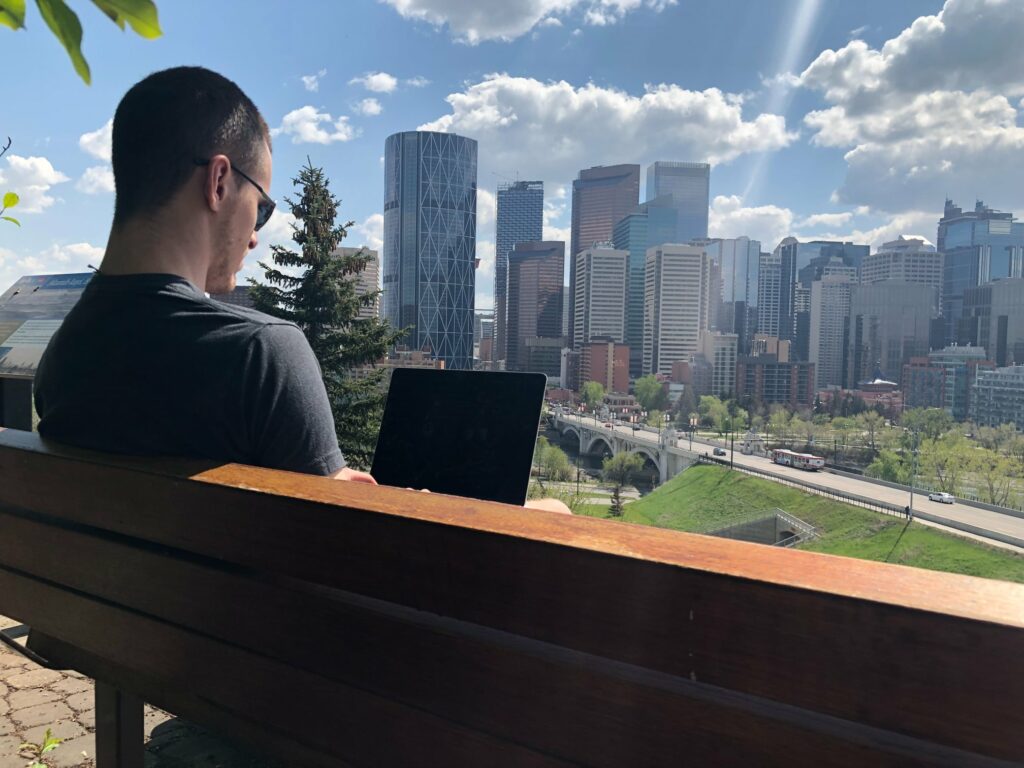
Fast forward to now…
Fast forward to now and being a male therapist comes with a few benefits and challenges. Firstly, when it comes to jobs, I have a bit of an advantage. It’s a little unfair, but because so many mental health institutions lack male presence there is a need for more. On the other hand, when a client is asked whether they prefer a male or female, they almost always choose female! This can be very frustrating particularly when I need counselling hours under my belt, but it is understandable. It’s very easy for people to have a perception that a male may not be able to build a therapeutic relationship in the same way, or that they may be judged more harshly…or that we just won’t understand.
On reflection, ironically, these are the things I’d like to think I struggle with the least as a therapist! I guess a good therapist, is a good therapist regardless of gender. A bad one is a bad one too, which I experienced during my own personal therapy which in some ways motivated me to become a therapist to do a better job…I very often doubt whether I am a good therapist, but this experience will always make me believe in myself a little bit more! Imagine this: I was sat around 20 minutes into my second session a little confused after going over many of the things we had discussed in the first session and this therapist suddenly proclaimed ‘oh, I’ve seen you before, haven’t I?!”. In the space of two weeks my therapist had forgotten she had met me previously…no, I didn’t have a face transplant either.
It’s somewhat ironic that I feel I have found an industry that suits my strengths and values in a role many imagine to be a female.
On the other hand, all those years growing up around football and the ‘male banter’ has made probably given me a bit of a unique perspective as a therapist. I certainly don’t reject that side of myself, in fact I love meeting up with my friends and slotting back into my times of fun at school and football, and catching up with them (unfortunately, adult life makes this less and less possible). I also don’t wish this to come across as an attack on masculinity either; it’s just when you see the statistics related to suicide (roughly 3 out of 4 are male) and the fact the large majority of violent crimes are committed by males something needs to change. That said, I think we are beginning to see a change in how men access counselling. Just as women prefer to talk to women, men tend to prefer to talk to men too (I think!). Due to the pandemic, more and more men are becoming aware of their mental health.
Coupled with this, there has been a large surge in mental health awareness in sports such as football which has hopefully opened more males to be able to talk. As boys we are not often told that it is ‘okay to cry’ or ‘okay to show emotion’, and as such we need to work hard to normalise talking about emotions for men. Sport is a great avenue for this.
All those masculine traits I have been reflecting upon are indeed very important in the right environment. For example, often high performers in business would need those skills to succeed, and it’s important we reflect in ourselves where our skills lie particularly for younger men. It would be interesting to see more research about the differing dynamics of a male or female therapist, as there is still a lot to learn in this regard. I would also love to see more men in counselling, and this may begin to happen should more men feel more open about talking about their own issues in the first place.
In terms of my plans for post-qualification I would love to run psychoeducation groups for men around mental health. I have been running psychoeducation groups for a year in my current role, and whilst the population is largely female, I feel having these discussions in a male environment would be helpful too and give more permission for such discussions. I would also love to work in a sports environment too, the contrast between the pressure to perform and positive mental health has always interested me as well exploring the loss of identity upon retirement. I just need to pass my clinical exam in a few months….wish me luck!
Danny Morley – Trainee

